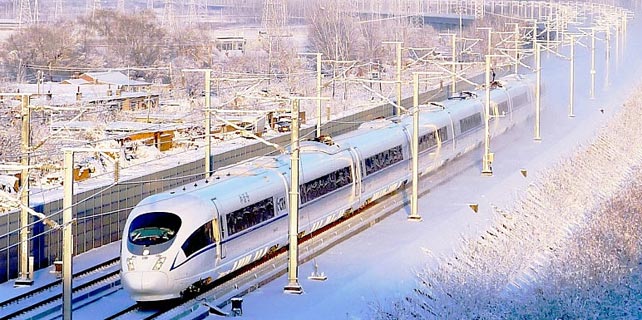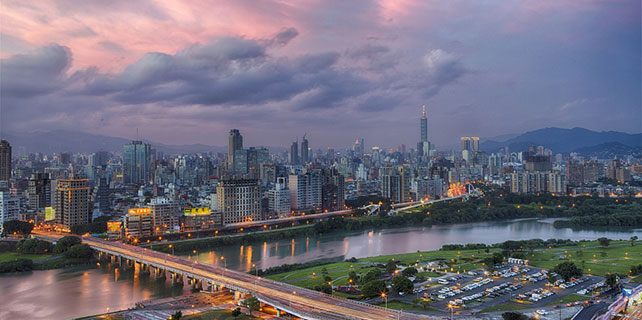Hamburg sees long-term economic gains from hosting G20 summit
As leaders from China and the world's other leading industrialized economies head to Hamburg, anticipation is high within Germany's second-largest city about the benefits hosting a G20 summit might bring.
There will be a short-term monetary gain -- business visitors spend an average 235 euros ($268) for an overnight stay in Hamburg, and the G20 participants, including 10,000 delegates and a small army of media, are expected to spend considerably more.
But there's also a down side. Ahead of Friday's official opening, shops and businesses have been boarding up their windows as some protests mounted by anti-globalization demonstrators turn violent.
Earlier this week, police used water cannon to disperse crowds and there have been disturbances and clashes as officers tried to clear small tented camps set up by protestors.
In the long term, though, a successful G20 will mean positive exposure to potential investors and confirm the port-city's ability to bear the burden of large scale events.
An extra 20,000 police officers from across Germany have swelled the ranks of the local force after Hamburg faced several acts of vandalism in recent months claimed by activists on the far left who view the G20 as promoting a neoliberal agenda.
One summit event will be held within the area of the port itself, so on Friday the waterways will be closed to all but trade ships.
Axel Matter, joint head of Port of Hamburg Marketing, said he does not expect trade to be affected, though there are security concerns, as far left groups have threatened to target transportation routes.
"Officially, the trade ships are allowed to come and leave, but this all depends on what happens," Matter said.
Michel Molenda, spokesman for the Hamburg Convention Bureau, is optimistic that in the long term the summit is an opportunity to promote a modern image of Hamburg.
"The G20 puts Hamburg on the map for China and internationally," Molenda said.
"We are a harbor city, but we have more to offer."
German Chancellor Angela Merkel, who was born in Hamburg, has invited the G20 leaders to a concert at the city's Elbphilharmonie. Opened this year, Molenda says the striking venue has already played an important role as a marketing tool to strengthen the city's image.
Hamburg already has a strong trading relationship with China, with a third of all containers that move through its port either from or bound for China.
"Most Chinese investors in Hamburg are involved in trade," said Aresa Brand, a Hamburg-China business relations expert from the Hamburg Business Development Corp. "We are starting to see some companies from the research and development side."
Contact the writer at angus@mail.chinadailyuk.com






















